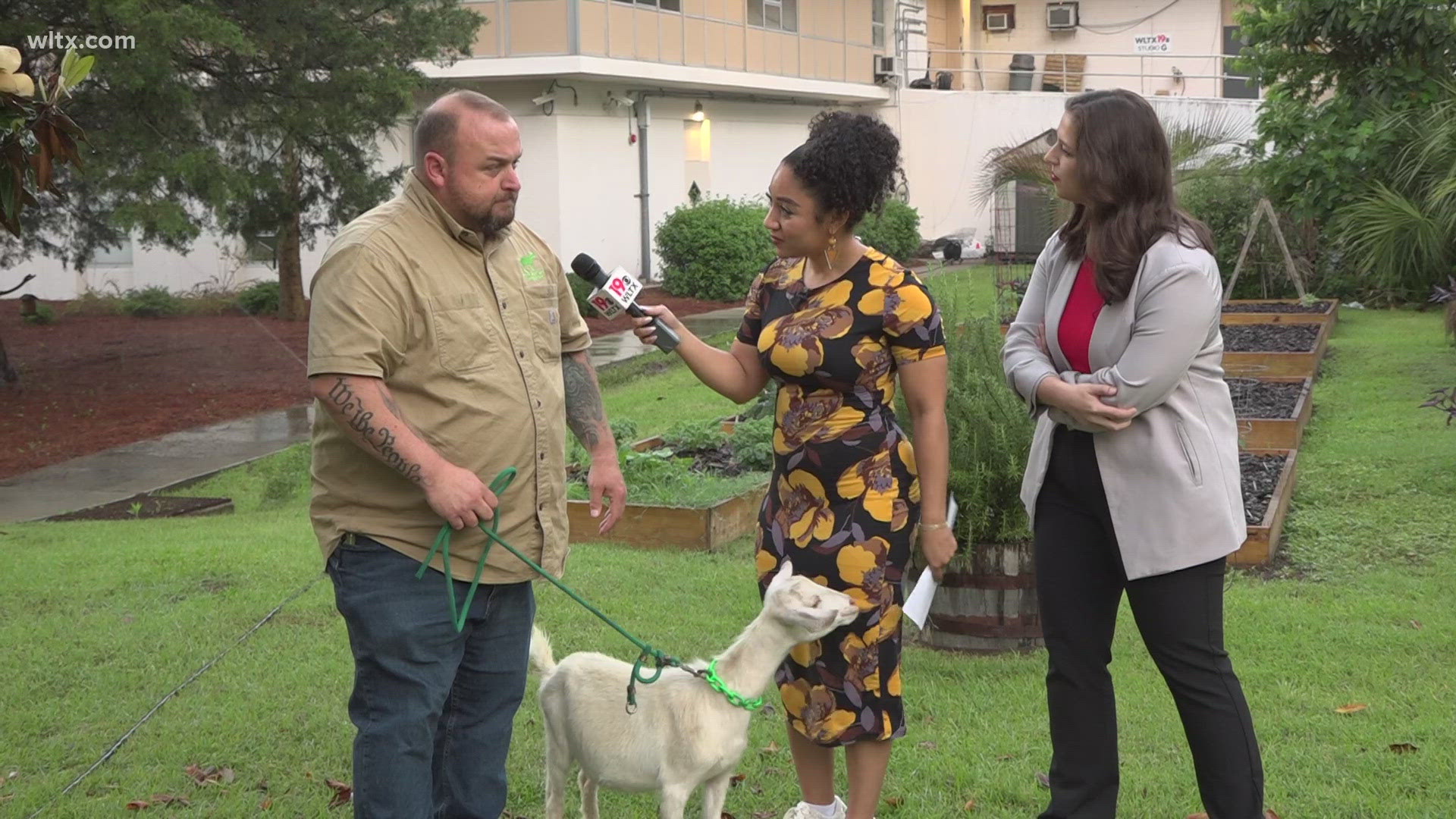COLUMBIA, S.C. — Cyber crimes are on the rise and South Carolinians are feeling the effects when it comes to the most common tech crime: security breaches.
The South Carolina Department of Consumer Affairs (SCDCA) says the number of residents impacted by security breaches more than tripled last year. According to the agency, 139 businesses reported breaches that affected 3,259,740 SC consumers in 2023. That number is up from 2022 when 86 businesses reported breaches to SCDCA, affecting 976,427 consumers.
Businesses must notify South Carolina residents when their data has been breached and, in cases where 1,000 or more consumers are affected, must file a copy of the notice sent to consumers with SCDCA. Those notices are then posted on the SCDCA website (as of January 1, 2024, there have been 28 breaches reported).
In 2023, the top three industries reporting security breaches in South Carolina were:
- financial businesses reporting 62 breaches impacting 1,534,256 consumers
- health industry reporting 32 breaches impacting 710,009 consumers
- hospitality businesses reporting 5 breaches impacting 778,891 consumers
SCDCA offers these steps to consumers to defend against scams:
- place a free security freeze on your credit reports. This limits access to your credit report without your OK, and lasts until you lift it.
- never reply to calls, texts, emails or pop-ups that ask you for, or to verify, personal information
- avoid clicking on links or downloading attachments from suspicious emails or texts
- monitor your statements, make sure bills and benefits, medical and financial statements are arriving on time
- consider a monitoring service/ID theft protection
If you have received a security breach notice, SCDCA says you should:
- Protect impacted accounts by changing your password right away and turning on multi-factor authentication. Passwords should be unique to each account and at least 16 characters long with mixed-case letters, numbers and symbols. Using multi-factor authentication will add an extra step (like a text message code or facial recognition) to your login process, making it more secure.
- Closely monitor your credit report and financial statements/accounts. Check all monthly statements and account activity or unauthorized purchases/accounts and suspicious items. You can obtain your FREE credit reports by visiting annualcreditreport.com or calling (877) 322-8228.
- Consider a fraud alert and security freeze. When you have a fraud alert on your report, a business must verify your identity before it issues credit or services in your name. This makes it harder for a thief to open new accounts in your name. A security freeze stops anyone from opening new accounts using your information, until you lift the freeze. Contact one of the three major credit reporting agencies to place an alert and contact each of them to place a freeze: Equifax (800) 685-1111, Experian (888) 397-3742 and TransUnion (888) 909-8872.
SCDCA's Identity Theft Unit, dedicated to offering consumers tailored guidance on identity theft issues, can be reached at 800-922-1594.



